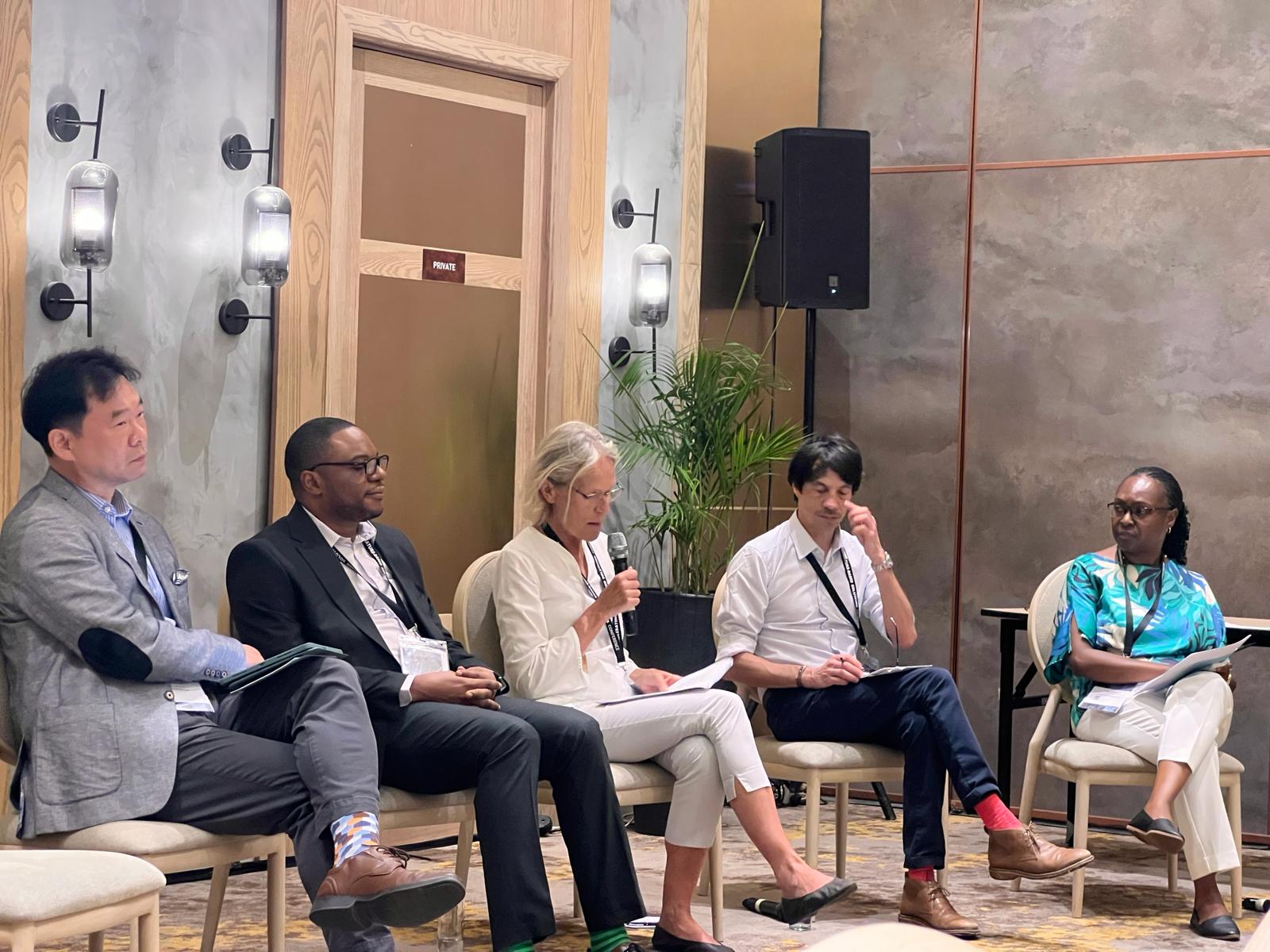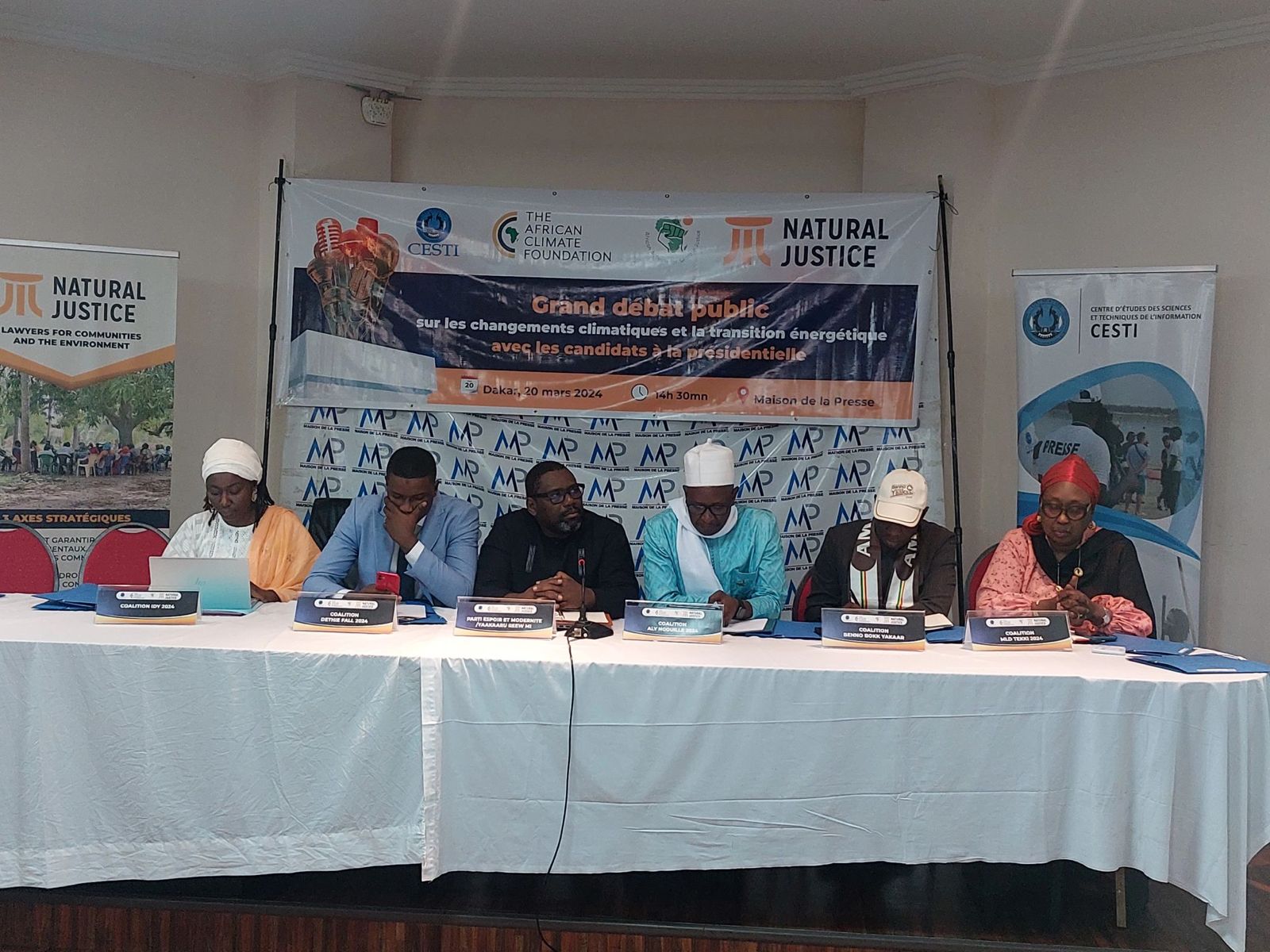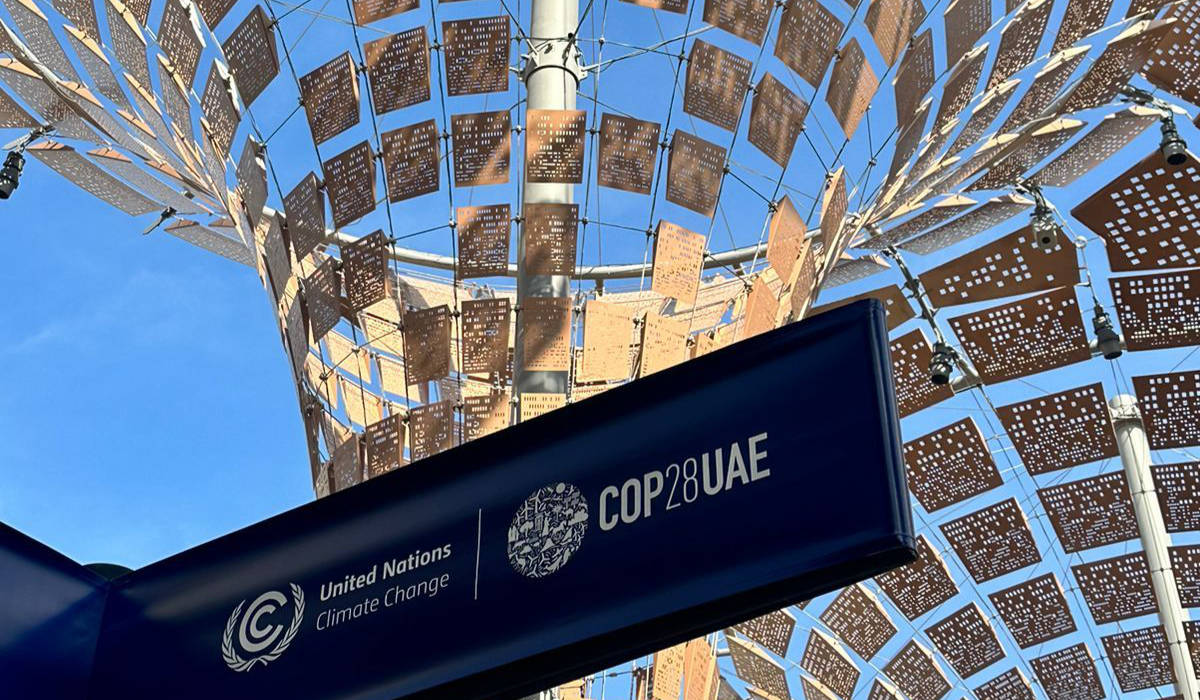When South Africa’s $8.5-billion climate finance deal with some of the world’s richest nations was announced last year in Glasgow, one analyst called it “the most impressive thing to come out of the COP26 climate summit”.
Since then, the country’s energy transition plan has gotten off to a slow start but the wheels are now in motion. An indicative work plan and timetable was released following a meeting last week between COP president Alok Sharma and a delegation of South African ministers.
The deal sets an important precedent when it comes to what’s being asked of African countries in general at these climate negotiations – and the context that must be acknowledged.
Africa’s Catch 22 when it comes to energy
As we’ve previously pointed out, new energy carriers and technologies disrupt the old, and their displacement of the old creates winners and losers.
Africa is the loser in this case. The continent has had the lowest per capita emissions of any world region every year since 1960.
Between 1960 and 2020, Africa only accounted for 3.3% of global emissions. Asia, Europe and North America have each emitted eight times more carbon than Africa.
Yet African countries are being pressured into dramatically cutting their emissions. This threatens the developmental gains the continent has made, and puts further progress in jeopardy.
The reality of climate change
Naturally Africa must make the transition to clean energy. We as a continent know why better than most. Despite contributing the least to the current climate crisis, we are one of the regions most affected by it and least equipped to deal with it.
Temperatures on the continent are increasing faster than the global average. They are projected to continue doing so, with devastating consequences. In the Horn of Africa, millions of lives are at risk as a historic drought looms, thanks to La Niña preventing rains for the fourth season in a row.
Switching to clean energy goes without saying. It’s how we do it that matters.
Here’s some reasons why we cannot switch to renewable energy overnight:
- The gritty reality of fighting poverty:
African countries continue to battle high levels of poverty, despite slow improvements over time. If the continent is to satisfy its people’s basic human needs, it must develop and expand its economies – rapidly. This of course requires high levels of energy consumption: just ask the West, China and others, who grew their economies uninhibited, creating the crisis we currently see. But Africa, a latecomer to the fossil fuel boom, has the misfortune of trying to develop during a time of huge pressure to cut down on greenhouse gas emissions.
- Africa needs to energy to thrive and not just survive
We must understand that Africa is starting from a low base. The continent is so heavily reliant on coal in part because it was left behind and under-powered for so long. But alleviating the continent’s energy poverty by supplying only a basic level of access is only the beginning. It will be just enough to meet the survival needs of the poorest populations.
Africa needs more than that to break the cycle of poverty and actually thrive. Just providing basic energy access will not enable the necessary productivity increases needed to help Africa’s poorest up the development ladder. That’s why we need to put development at the fore. As energy transition expert Kartikeya Singh notes, a just transition presents a two-fold challenge: “we must provide appropriate energy access for thrival while simultaneously transitioning to energy sources that are both clean and inexpensive.”
This need will only get more pressing over the next few decades for the world’s fastest-growing continent. It is estimated that by 2050, Africa’s population will double to 2.5 billion people.
- Renewable energy’s limitations: financial and otherwise
Although Africa is blessed with abundant renewable energy sources, related investment flows remain insignificant. The penetration of renewables in Africa’s power sector remains low as utilities struggle to attract investors. By the end of 2020, solar accounted for just 4.4% of Africa’s total installed capacity, or 10.4 GW. This despite the fact that the continent’s full technical potential when it comes to renewable energy is a whopping 7,900 GW, according to IRENA.
Investors in renewables just aren’t knocking on Africa’s door as much as they should. Total renewable investment in Africa between 2000 and 2020, excluding large hydropower projects, amounted to just 2% of the global total, according to IRENA. That’s $60 billion, and most of that investment ($55 billion) was recorded in the last 10 years.
Plus there are technical challenges. Wind and solar power is not consistent, and cheap, effective storage is yet to be developed. The risk now is punishing the continent for a necessary reliance on fossil fuels for a limited time, so that it can lift its people out of poverty.
The case for pragmatism
The larger world knows it has to be pragmatic when it comes to the objectives set out by the Paris Agreement. Consider how SA’s transition backer Germany, along with the Netherlands and Austria, reverted back to coal use recently because of Russia’s war on Ukraine.
There are also contradictions around gas coming out of the G7 meeting in Germany this week, as rich countries scramble to cope with soaring energy prices amid the conflict.
The world’s richest economies announced their decision to increase investment in gas temporarily in response to the crisis. The alternatives are uglier – more coal use in power generation, like Germany’s reactivated coal-fired power plants.
Yet the continent is hypocritically punished in some instances for its use of certain fuels through selective financing and investments, without considering what just transitions in Africa require.
Africa risks being left behind because some countries’ energy goals include exclusionary practices.
Challenges equal opportunities
We should look to creating meaningful partnerships on energy transitions that can unlock win-win situations – like South Africa’s landmark deal.
There certainly is a need for it, along with enormous potential. Sub-Saharan Africa accounted for more than three-quarters of the people (568 million people) who remained without access in 2020, according to the 2022 edition of Tracking SDG 7: The Energy Progress Report. Countries like the Democratic Republic of the Congo and Ethiopia, where 95 percent of the population lacks access to clean cooking, receive less than 1 percent of the annual investment, the IMF notes.
There are challenges on the continent, but with that comes ample opportunity – if global energy and climate goals happen in tandem with developmental goals.
As Energy For Growth puts it: “Ambitious, time-bound commitments to delivering finance for clean energy in Africa will be far more productive than policing policies that dictate what countries can do with their own sovereign resources.”
This requires intersectionality in how Africa and its partners approach environmental discussions.
To uncover those opportunities, we need to listen to the voices on the ground.
#TheCOPWeNeed is one that elevates the voices of African policy makers, economists, development specialists, think-tanks, grassroots organisations and campaigners who are working within the continent’s myriad and very specific contexts and communities to advance solutions and climate justice.
Equity must be a foundational consideration. Africa’s energy future can not be constrained to mere survival: it must allow Africa to thrive.
Doing so will set the stage of better global collaborations and energy transitions that benefit regions who would’ve otherwise been asked to surrender their resources, plunging them further into poverty.



